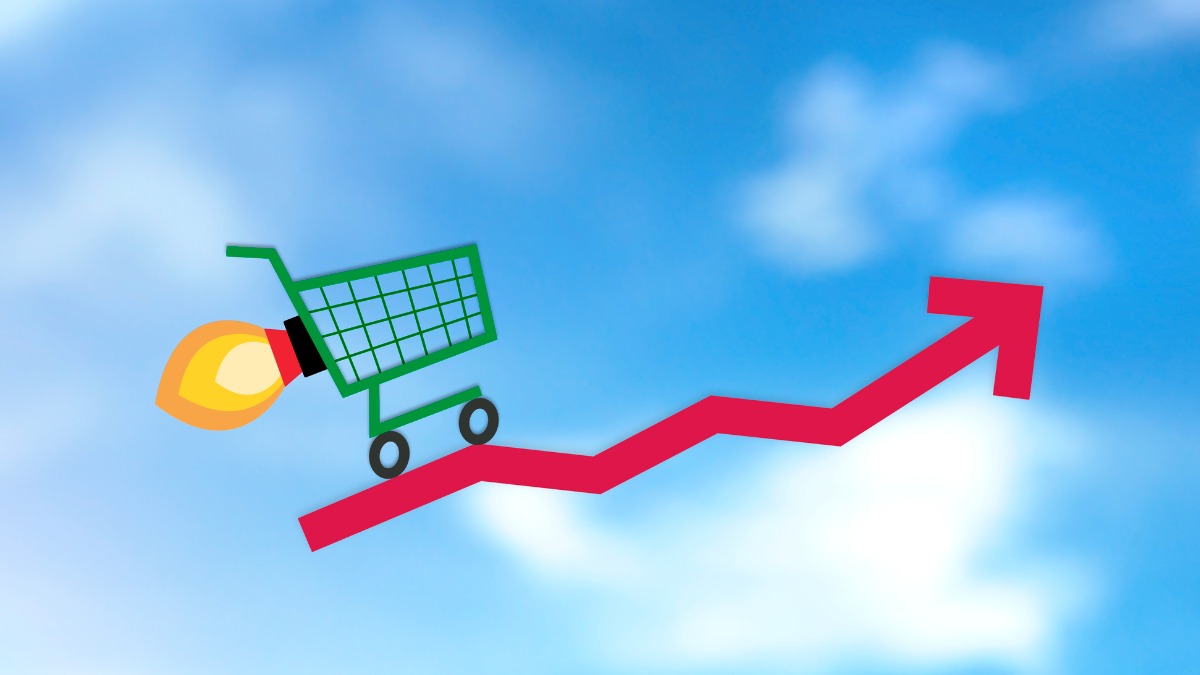Inflation has become a hot topic in Kenya, as the cost of living continues to rise and citizens struggle to keep up with escalating prices. Economists frequently cite consumer spending as a primary driver of inflation, while government spending is often left out of the equation. This perspective raises questions about whether focusing on consumers is truly justified or if government expenditure deserves more scrutiny.
To understand this, it’s important to recognize the dynamics of inflation. In Kenya, inflation arises when demand outpaces supply, driving prices higher. Consumer spending contributes to this demand. For instance, when households increase their purchases of goods and services, businesses may struggle to keep up with demand, leading to price hikes. This phenomenon is particularly pronounced in a country like Kenya, where supply chains can be disrupted by external shocks, such as droughts or geopolitical tensions, further straining resources.
Government spending, however, also plays a significant role in inflation, although it is often less visible to the public. Kenya has undertaken ambitious infrastructure projects, such as the Standard Gauge Railway and numerous road networks, funded through public expenditure. While these investments are critical for long-term economic growth, they inject significant liquidity into the economy. This can lead to inflation, especially when coupled with debt financing and borrowing from the Central Bank, which increases the money supply.
The emphasis on consumer spending rather than government spending may stem from its immediate visibility. Consumers’ habits are easier to observe and quantify, while the inflationary effects of government expenditure often unfold gradually and are intertwined with fiscal policies. Moreover, policymakers may shy away from acknowledging government spending as a factor due to political sensitivities and the necessity of maintaining public confidence.
In Kenya, both consumer and government spending contribute to inflation, but they do so in different ways. Rather than placing blame solely on consumers, it’s essential to examine how government fiscal policies, debt levels, and spending priorities interact with consumer behavior. Sustainable solutions to inflation in Kenya require a balanced approach that addresses both sides of the equation—encouraging prudent government expenditure while fostering responsible consumer spending habits. This dual approach may provide a clearer path to economic stability for the country.

















